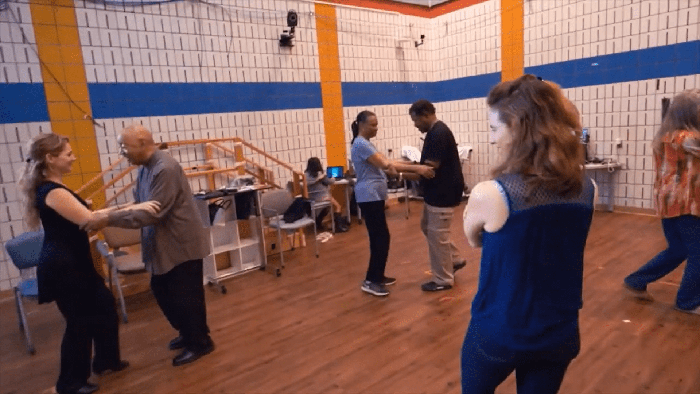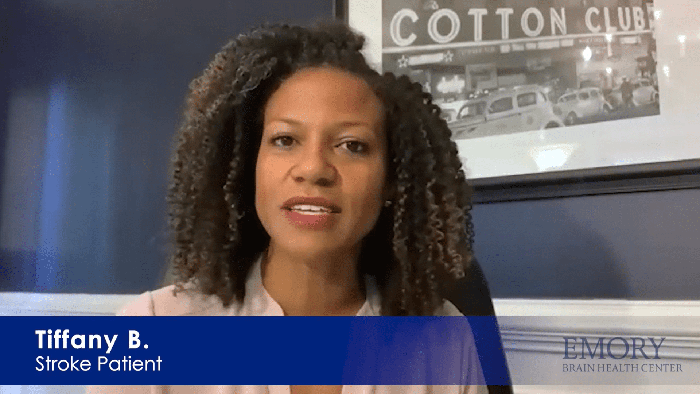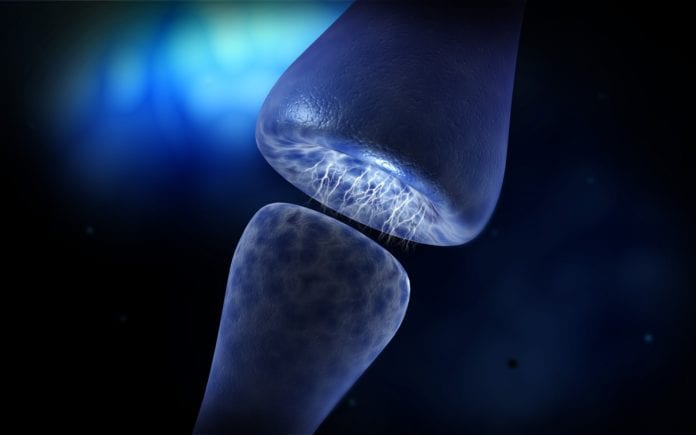Jere and Lee Reaves met on a dance floor in Cincinnati, Ohio. It seems only fitting that one of Jere’s treatments for her Parkinson’s disease is taking place in familiar territory.
Jere and Lee participate in tango classes at least twice a week, led by Madeleine Hackney, PhD, Emory researcher, and research scientist at the Center for Visual and Neurocognitive Rehabilitation at the Atlanta VA. Dr. Hackney, a former professional tango dancer, believes that tango can — and does — help improve the quality of life for individuals with Parkinson’s.
“It’s not about people being patients in a room,” Dr. Hackney says. “It’s just about people being together and enjoying something together.”
The benefits of tango for individuals with Parkinson’s go far beyond a feel-good connection. In order to understand how dance can help with a neurodegenerative disorder, it’s important to understand the disease itself.





